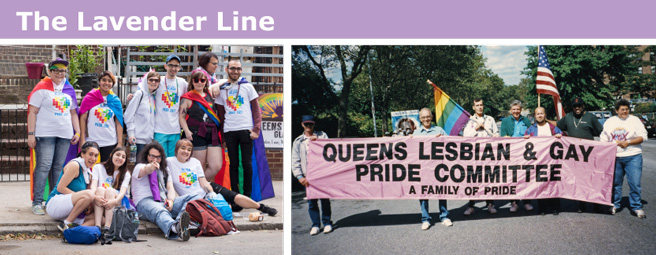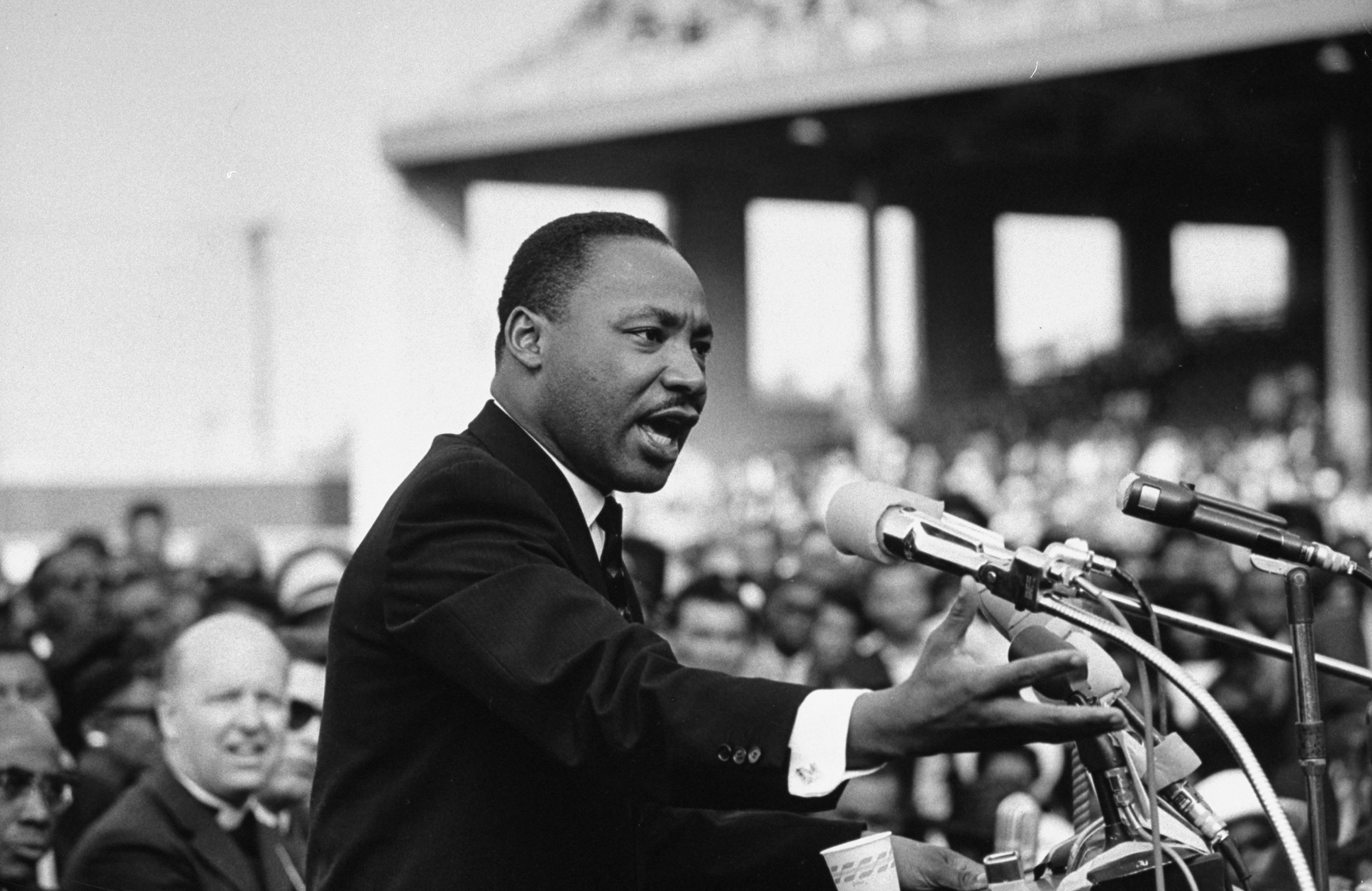In celebration of the 25th anniversary of the Queens Pride Parade, The Lavender Line at Queens College hosted the “Coming Out in Queens: Queer Activism in the Borough” conference moderated by Professor Noah Tsika, author of Pink 2.0 Encoding Queer Cinema on the Internet, at the Goldwin-Ternbach Museum.
“The Lavender Line” at Queens College is a multimedia exhibition of books authored by QC’s LGBTQ faculty, as well as photos from the original Lavender Line exhibit, featuring the Queens LGBT community. Both the exhibit and the conference’s goal is to recognize past, present, and future activism in the borough of Queens.
Many pieces from the exhibit come from the archive of City Councilman Daniel Dromm, who founded the Queens Pride Parade in 1993.
“I started the parade over 25 years ago because I wanted to document the history, which up until that point, had not been told,” Dromm said.
One of Councilman Dromm’s primary goals with starting the parade and his continued activism in the LGBT community, is to inspire the next generation. He believes these stories need to be heard even more now than before.
Being a leader for the next generation is what Anaiis Cisco strives to be. Cisco, a QC graduate, is a black, queer filmmaker pursuing an MFA in Cinema at San Francisco State University. Cisco’s films focus on the experiences of underrepresented racial, ethnic, queer, and gender minorities in the United States.
“I was a black student wanting to gather media students to talk about the responses we had to not seeing people who looked like us and just converse with each other because that’s what learning is,” Cisco said. “I grew up learning about class, race and gender, but what about queerness?”
Cisco tackled queer experiences after she left QC with her film “Wet Clothes,” which focuses on changing the perception of domestic rituals like washing clothes by infusing laundromat visuals with the sounds of women orgasms as a way to normalize pleasure.
“We see black female bodies violently depicted and hyper-sexualized but we never know the sounds that these bodies make,” Cisco shared. “I wanted to normalize pleasure in a way that it’s not just sexual but there’s pleasure that we receive just from cleaning.”
In addition to showcasing “Wet Clothes,” Cisco also used her return to Queens College to show a special screening of “Breathless,” her film inspired by the Eric Garner murder and the subsequent coverage that his death received.
Another enthusiastic leader at QC is Jordan Mendoza. Mendoza is the current president of QC’s Gender, Love, and Sexuality Alliance, where he believes students are constantly learning and growing in order to understand each other.
“LGBT+ clubs exist where there is demand for them. If there’s no need for LGBT clubs or space then that means there’s no structure and there’s either nothing to fight for or too much to fight against.” Mendoza said. “For Queens College, there’s been a need for roughly 50 years.”
Mendoza pinpointed the resources that Queens College has that not many other campuses can offer.
“We have programs and organizations that we work with, such as The Trevor Project, in order to ensure that our members [remain safe] on campus.” Mendoza said. “We always promote a rich learning environment and if we can’t be there to help then we know who can.”
Other resources include Title IX meetings and the nurses in the Health Service Center in Frese Hall.
Title IX, which helps people who have been involved in sexual misconduct, has played a large role in LGBT+ history as well as other events described by Stephen Petrus. Petrus is a 20th century urban and cultural historian and curator of “Folk City: New York and the Folk Music Revival” at the Museum of the City of New York.
Events such as the “Act Up” Street Rally in 1989, and the 1990 Queer Nation Rally have all played a part in LGBT+ activism but Petrus says that one of the most important events was the murder of Julio Rivera, a gay Latino man, in Jackson Heights. This hate crime is what sparked Councilman Dromm to start the Queens LGBT Pride parade and the Lesbian and Gay Democratic Club of Queens.














